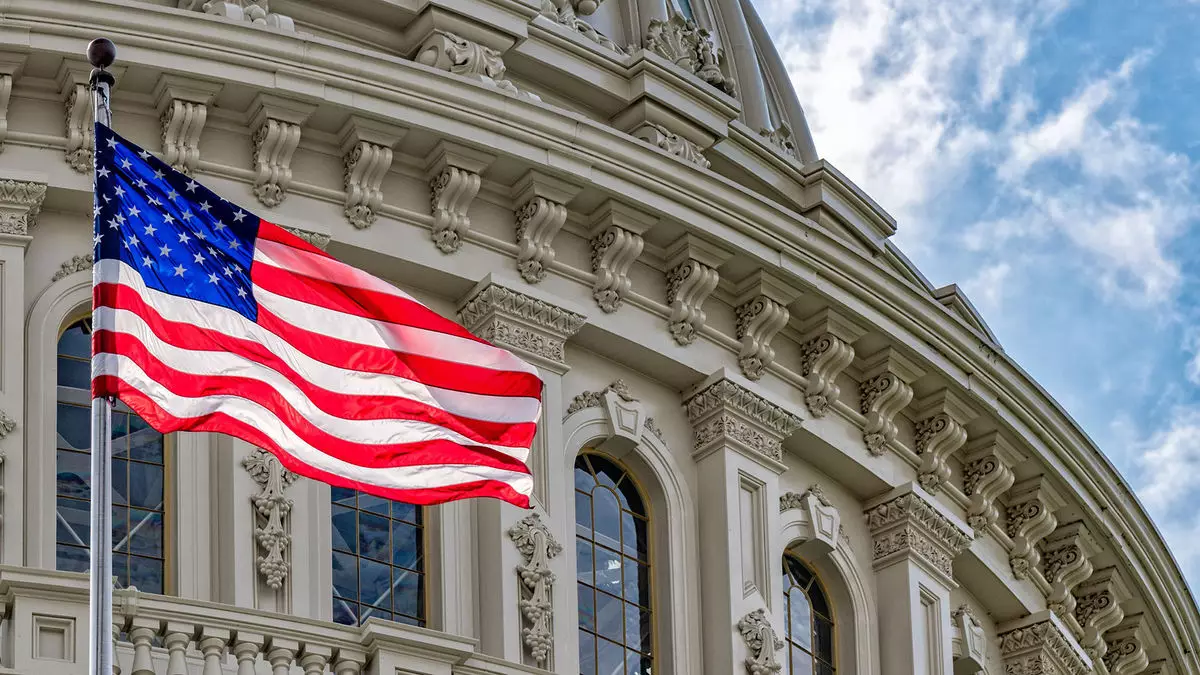In a determined show of solidarity, over 250 travel advisors and industry suppliers came together in Washington, D.C., this week for the American Society of Travel Advisors’ (ASTA) Legislative Day. This annual event is designed to highlight crucial issues facing the travel industry and lobby for legislative changes that support travel agencies and their operations. One of the primary topics at the forefront of this year’s discussions is the potential impact of an upcoming Department of Transportation (DOT) ruling set to take effect on October 28. This ruling could dramatically shift the responsibilities concerning air ticket refunds, placing undue burdens on travel agencies, particularly small businesses.
The new DOT rule specifies that the “merchant of record” is accountable for issuing refunds to airline passengers in cases of flight cancellations or significant alterations. Traditionally, travel agencies do not hold this status, especially in most air sales; however, there are exceptions, such as when agencies buy and resell bulk tickets for groups. ASTA has raised concerns that this responsibility should only fall on agencies when they have already secured funds from the airline. The association warns that forcing small travel businesses to refund clients without having received the equivalent from airlines could have devastating financial consequences.
Recognizing the potential fallout, three congressional representatives—Maria Salazar, Dina Titus, and Mark Alford—have introduced the Flight Refund Fairness Act. This proposed legislation aims to safeguard small businesses by ensuring they are not obligated to issue refunds until they have obtained those funds from airlines. Given that approximately 98% of travel agencies qualify as small businesses, the Act has garnered significant support within the industry. Larger travel agencies, feeling the repercussions of the current refund policies, are also advocating for a revision of the existing framework.
Moreover, attendees at Legislative Day did not only focus on the Flight Refund Fairness Act but also pressed for the ACPAC Modernization Act, which seeks to include a ticket agent’s position on the Aviation Consumer Protection Advisory Committee (ACPAC) at the DOT. Although earlier drafts of the FAA Reauthorization Bill suggested incorporating a representative from the travel advisor community, final versions of the legislation did not accommodate this necessary change, consequently limiting the industry’s voice in vital regulatory discussions.
According to ASTA CEO Zane Kerby, the essence of Legislative Day is to amplify the importance of travel advisors within the tourism and travel industry while advocating for policies that will bolster the sectors. By engaging directly with legislators, travel professionals are not just seeking to alleviate operational burdens but aiming to ensure a more equitable regulatory framework that recognizes the unique challenges they face. The collective mission is not only fundamental to the survival of small travel agencies but vital for the diversification and resilience of the entire travel landscape.
This critical day in Washington, D.C., serves as a reminder of the ongoing struggles within the travel industry and the importance of legislative advocacy. The outcomes of these efforts will undoubtedly shape the future of travel for many agencies, highlighting the need for a supportive framework that aligns with the realities of the business.


Leave a Reply